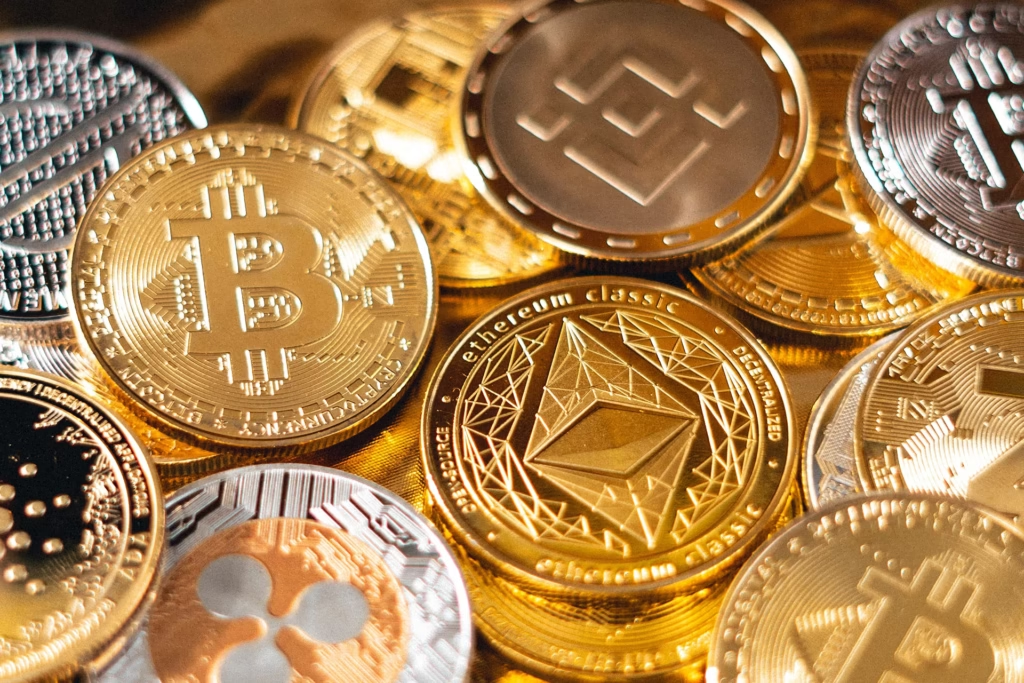Are you ready to enter the exciting world of digital assets but wondering how to buy cryptocurrency safely? You’re not alone. With the cryptocurrency market reaching new heights, millions of investors are seeking secure ways to purchase their first digital coins. However, the crypto space can be risky for newcomers who don’t understand the proper safety protocols.
Learning how to buy cryptocurrency safely is crucial in protecting your investment from scams, hacks, and fraudulent exchanges. This comprehensive guide will walk you through every step of the secure cryptocurrency purchasing process, from choosing legitimate exchanges to protecting your digital assets. Whether you’re a complete beginner or looking to improve your security practices, you’ll discover the essential strategies to keep your investments safe.
By following these proven safety measures, you can confidently navigate the cryptocurrency market while minimizing risks and maximizing your investment protection.
Understanding Cryptocurrency Security Fundamentals
Before diving into the purchasing process, it’s essential to understand the basic security principles that govern cryptocurrency transactions. Unlike traditional banking, cryptocurrency operates on a decentralized system where you have complete control over your funds, which means you’re also responsible for their security.
The blockchain technology underlying cryptocurrencies provides inherent security through cryptographic encryption. However, the platforms and methods you use to buy and store cryptocurrency can introduce vulnerabilities. Understanding these potential risks is the first step in learning how to buy cryptocurrency safely.
How to Buy Cryptocurrency Safely: Choosing Secure Exchanges
Research Exchange Reputation and Licensing
The foundation of safe cryptocurrency purchasing begins with selecting a reputable exchange. Established platforms like Coinbase, Binance, and Kraken have built strong security reputations over the years of operation. These exchanges implement multiple security layers, including cold storage for user funds and insurance coverage for digital assets.
Always verify that your chosen exchange holds proper licensing in your jurisdiction. Regulated exchanges must comply with strict security standards and undergo regular audits. Check for certifications such as SOC 2 compliance and ISO 27001 security management standards.
Verify Exchange Security Features
Look for exchanges that offer two-factor authentication (2FA), withdrawal whitelisting, and anti-phishing codes. These security features create additional barriers against unauthorized access to your account. The best exchanges also provide API key management tools and session monitoring capabilities.
Essential Security Measures for Safe Cryptocurrency Purchases
Enable Two-Factor Authentication

Two-factor authentication is your first line of defense against account breaches. Use authenticator apps like Google Authenticator or Authy rather than SMS-based 2FA, which can be vulnerable to SIM swapping attacks. This simple step significantly reduces the risk of unauthorized access to your cryptocurrency accounts.
Use Strong, Unique Passwords
Create complex passwords that combine uppercase letters, lowercase letters, numbers, and special characters. Never reuse passwords across different platforms. Consider using a reputable password manager to generate and store unique passwords for each cryptocurrency-related account.
Verify Website URLs and SSL Certificates
Always double-check exchange URLs before entering login credentials. Phishing websites often use similar domain names to trick users into revealing sensitive information. Look for the secure padlock icon in your browser’s address bar and ensure the URL begins with “https://”.
Safe Payment Methods for Cryptocurrency Purchases
Bank Transfers and Wire Transfers
Bank transfers and wire transfers are among the safest payment methods for purchasing cryptocurrency. These methods provide transaction records and are reversible in cases of fraud. Most reputable exchanges prefer these payment methods due to their security and compliance benefits.
Credit and Debit Cards
While convenient, card payments may incur higher fees and are more susceptible to fraud. If using cards, ensure you’re on the official exchange website and monitor your statements regularly for unauthorized charges. Some banks may block cryptocurrency-related transactions, so contact your bank beforehand.
Avoid Risky Payment Methods
Never use gift cards, wire transfers to individuals, or peer-to-peer payment apps when buying from unknown sources. These payment methods offer little to no protection against fraud and are commonly used in cryptocurrency scams.
Cryptocurrency Wallet Security Best Practices
Understanding Hot vs. Cold Wallets
Hot wallets are connected to the internet and convenient for frequent trading, while cold wallets remain offline and provide superior security for long-term storage. For beginners learning how to buy cryptocurrency safely, using a combination of both wallet types offers optimal security and convenience.
Hardware Wallet Recommendations
Hardware wallets like Ledger Nano S Plus and Trezor provide the highest level of security for storing cryptocurrency. These devices keep your private keys offline and require physical confirmation for transactions. While they represent an additional investment, hardware wallets are essential for serious cryptocurrency investors.
Backup and Recovery Procedures
Always create secure backups of your wallet recovery phrases and store them in multiple secure locations. Never store backup information digitally or in cloud services. Consider using fireproof safes or safety deposit boxes for your most important backup materials.
Avoiding Common Cryptocurrency Scams
Recognizing Phishing Attempts
Phishing attacks often come through email, social media, or fake websites designed to steal your credentials. Be suspicious of unsolicited communications promising cryptocurrency gains or urgent security updates. Always navigate to exchange websites directly rather than clicking links in emails.
Ponzi Schemes and Investment Scams
Be wary of investments promising guaranteed returns or requiring you to recruit others to earn profits. Legitimate cryptocurrency investments involve risk, and no one can guarantee profits. Research any investment opportunity thoroughly and be skeptical of pressure tactics.
Fake Exchange Warnings
Some fraudulent websites mimic legitimate exchanges to steal user funds and personal information. Always verify exchange authenticity through official sources and read user reviews from multiple platforms. Check social media presence and community engagement to gauge legitimacy.
Tax Considerations and Legal Compliance
Understanding the tax implications of cryptocurrency purchases is crucial for legal compliance. Most countries treat cryptocurrency as property or capital assets, meaning purchases and sales may trigger tax events. Keep detailed records of all transactions, including purchase dates, amounts, and exchange rates.

Consult with tax professionals familiar with cryptocurrency regulations in your jurisdiction. Some countries require reporting of cryptocurrency holdings above certain thresholds, while others have specific rules for different types of cryptocurrency activities.
Advanced Security Techniques
Multi-Signature Wallets
Multi-signature wallets require multiple private keys to authorize transactions, providing additional security for large cryptocurrency holdings. These wallets are particularly useful for businesses or individuals managing significant amounts of digital assets.
Regular Security Audits
Periodically review your security practices and update passwords, 2FA settings, and backup procedures. Stay informed about new security threats and update your protective measures accordingly. Subscribe to security newsletters from reputable cryptocurrency sources.
Conclusion
Learning how to buy cryptocurrency safely is an essential skill for anyone entering the digital asset space. By following the security practices outlined in this guide—choosing reputable exchanges, enabling proper authentication, using secure payment methods, and implementing strong wallet security—you can significantly reduce the risks associated with cryptocurrency investments.
Remember that security is an ongoing process, not a one-time setup. Stay informed about emerging threats and continuously update your security practices to protect your investments.
Ready to start your cryptocurrency journey? Begin by researching regulated exchanges in your area and take the first step toward learning how to buy cryptocurrency safely. Your future financial security depends on the security measures you implement today.

